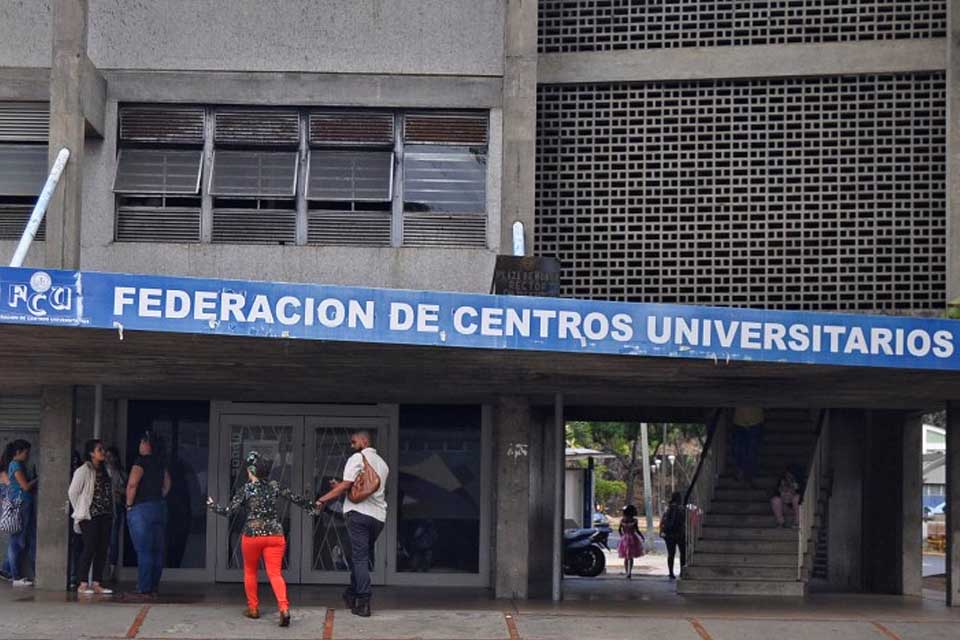Inter-institutional agreement allows electrification of 2,400 homes
The director of the Planning and Budget Office (OPP), Isaac Alfie, and the president of UTE, Silvia Emaldi, signed a complementary agreement that represents an investment of 100,000,000 pesos, for the electrification of rural homes. The process, which is carried out through the delivery of photovoltaic solar kits and wired network extensions, is part of the decentralization policies of the OPP.
The new agreement is complementary to the one signed between both organizations in December 2022, whereby OPP determined to transfer a total of 74,000,000 pesos to UTE in four installments, at a rate of one per year, for the acquisition and installation of photovoltaic systems autonomous.
Based on the recent agreement, OPP grants a complement to reach a total contribution of 100,000,000 pesos, with which it will reach some 2,400 households, out of a total of 2,500 registered. Alfie highlighted the priority assigned to electrification for the well-being of homes and the productivity of rural enterprises, and stressed that the contribution from his office represents 40% of the fund allocated to investments of the energy agency, in 2023.
The head of OPP maintained that it is the culmination of a process drawn up at the beginning of the current administration, whose intention is to provide electricity to 100% of Uruguayan homes. The chief expects to exceed 99% compliance by the end of this year.
Emaldi, meanwhile, explained that UTE is deploying the wiring network in homes located less than 3 kilometers from the power line, and with the delivery of photovoltaic solar kits it serves those located more than 3 kilometers. The entity has already installed 250 kits, and plans to reach 1,000 in 2024, he said.
The president of the energy entity valued the contribution of OPP to advance electrification, and explained that the funds will subsidize the fees of customers who receive the kits, so that they have access to the initial installation at no cost, as well as the necessary maintenance .
Currently, the households that can receive this subsidy are those that have an agreement through the Ministry of Social Development (Mides), the Ministry of Livestock, Agriculture and Fisheries (MGAP) and Mevir.
Emaldi explained that when a photovoltaic solar kit is installed, the delivery of the corresponding batteries is included to guarantee its autonomy. Likewise, in homes that present vulnerable conditions, the entity makes the necessary internal adaptations to ensure the quality and safety of the facilities. In addition, Led lights and an efficient refrigerator are provided.
Finally, Alfie clarified that the conditions of each house were studied to make sure that the installations of the kits do not cause an overload, and that the equipment provided has the adequate power so that the electrical supply is permanent.
















